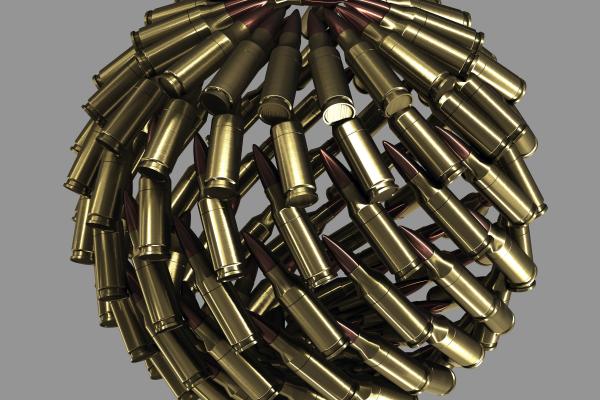May 31, 2016
We should have no fear of making an apology, which is the outward symbol of an inward change of heart acknowledging and renouncing our violence. We should apologize not only in Hiroshima, but in Nagasaki, Vietnam, Fallujah, Kunduz — around the world, and upon our own shores, with reparations to Native and African Americans.
Read the Full Article

Already a subscriber? Login
